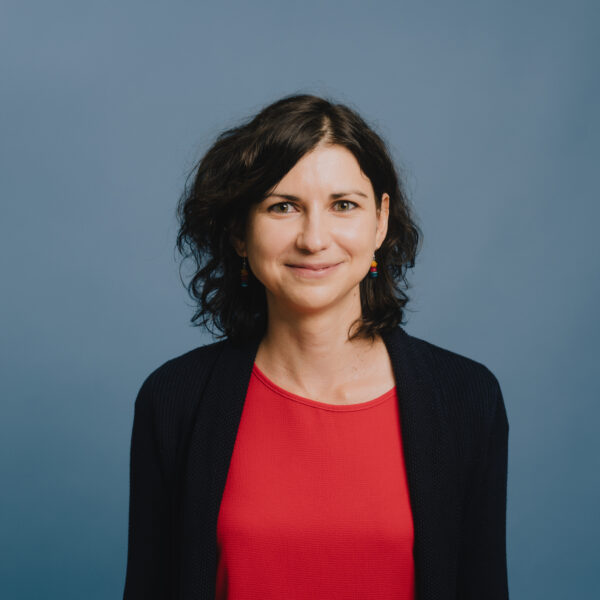ActionAid, a global justice federation, developed scenario-planning and rapid response mechanisms to address growing hostilities in some countries, for example to react to raids on its office and freezing of its accounts in Uganda.
Read the summary and find the full case study at the bottom of the page.
Actions taken by the organisation
| What was the trigger? | Growing hostilities in multiple countries noted by ActionAid Federation (2013). |
| What was the internal response? | Federation put together Working Groups on closing space and institutional resilience, in order to develop solutions. |
| What measures were taken at the national level? | Country offices received training and support to build resilience. |
Response carried out in practice
| What was the trigger? | Raid on ActionAid Uganda Office and bank accounts frozen due to their position on legal reforms (2017). |
| What was the response? | Scenario-planning and contingencies put in place; responses were deployed on political, legal, financial and communications fronts. |
| What were the outcomes? | Their bank accounts were unfrozen; ActionAid Uganda then integrated a civic space focus into their programmatic work. |
Learnings collected by the organisation
| Outcomes | ActionAid Uganda’s experience fed back to the Federation via a Learning Paper, and there are now resources and tools based on this. |
| Challenges | Resources; staff and sector insecurity; long-term impact of propaganda. |
| Lessons | Always keep your house in order; ensure all staff understand all processes for consistency of message; a rapid legal response is necessary; good media relations are essential; be relevant to civil society and your constituencies; and be transparent. |
Background to our Pilot Solidarity Playbook Case Studies
This case study is one of six that reviews best practices, challenges, and lessons learned for both ICSO internal mechanisms and coalition responses to scrutiny and attacks. They show positive outcomes and new practices that were initially triggered by an undue threat or attack.
Written by Sarah Pugh and Deborah Doane, these case studies first appeared in an In-house study called “Solidarity in Times of Scrutiny” presented at the International Civic Forum in Addis Ababa in October 2019.
Thanks go to our case study partners for making their learnings available to a larger readership.
The presented case studies reflect the status of when they were first written up in October 2019. Naturally, the political situation as well as the organisations’ and coalitions’ learnings have since evolved and are constantly evolving.












